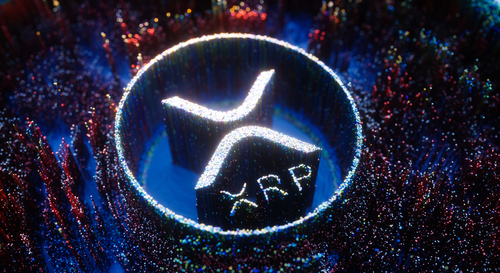Unlock the Editor’s Digest for free
Roula Khalaf, Editor of the FT, selects her favourite stories in this weekly newsletter.
Bird Global, the company that pioneered on-street electric scooter rentals, has filed for Chapter 11 bankruptcy protection in Florida, five years after becoming the fastest start-up ever to reach a so-called “unicorn” valuation above $1bn.
In September, the New York Stock Exchange suspended trading in Bird, which went public via a blank-cheque company in 2021, after its market capitalisation fell below a $15mn threshold.
“We are making progress towards profitability and aim to accelerate that progress by right-sizing our capital structure through this restructuring,” Bird interim chief executive Michael Washinushi said on Wednesday.
Bankruptcy court filings revealed that Bird has around $3.25mn left in cash on hand but needs “immediate access” to $16.8mn to meet its financial obligations through to the week ending January 12.
“Since Bird’s inception, it has had difficulties generating positive cash flow despite its growth efforts and relative market share compared to its competitors,” the company said in a filing on Wednesday, noting that Bird had cumulative losses totalling $1.6bn at the end of September.
It blamed “difficult capital markets conditions”, a loss of market share to rivals with newer scooters, legal expenses and a winter drop-off in revenues among the contributing factors leading to its Chapter 11 filing.
Bird said it would operate as normal during the restructuring process and that its lenders had entered into a “stalking horse” sale agreement. The company aims to complete a sale process within 120 days. Its European and Canadian businesses are not part of the bankruptcy filing.
The company has lined up $25mn in “debtor-in-possession” financing from lenders including MidCap Financial, a unit of Apollo Global Management, to cover its reorganisation. Such loans take priority over other creditors and typically command high interest rates.
Founded by former Uber and Lyft executive Travis VanderZanden in Los Angeles in 2017, Bird spawned dozens of copycat companies around the world. But e-scooter rentals have struggled to reach consistent profitability, amid regulatory strictures, safety concerns, and high capital and operating costs.
Earlier this year, residents in Paris voted to ban rental e-scooters, shutting down what had once been the industry’s largest market. Thousands of trottinettes were cleared from the French capital’s streets in September after complaints from residents that they littered pavements, and posed a danger to both pedestrians and riders.
Bird’s bankruptcy filings revealed that the company is a defendant in more than 100 lawsuits, most of them relating to personal injury claims from people who had accidents while riding its scooters. The company’s operating permits in most cities require it to indemnify local authorities against such lawsuits, contributing to “significant litigation expense each month”.
Winter also brings particular challenges for operators of so-called “dockless” scooters and electric bikes, such as Bird and its larger US peer Lime, as well as their remaining European rivals Dott, Tier and Voi. Customers are less likely to ride bikes and scooters in cold or wet weather, and their operators lose business as tourism wanes in many cities.
Bird said in a filing last month that it had net losses of $73.4mn in the nine months to September 30, at which date it had unrestricted cash and equivalents of $10.2mn. Last year, Bird reported revenues of $244.7mn and a net loss of $358.7mn.
Filings at the bankruptcy court in southern Florida showed that Bird had estimated assets and liabilities of $100mn-$500mn. Creditors include dozens of cities across the US, as well as tech providers such as Amazon Web Services, fleet management software maker Zoba, data analytics company Palantir and Chinese scooter manufacturer Ninebot.
Berger Singerman is acting as Bird’s counsel and Teneo is its financial adviser.
Bird also listed European rival Tier, from whom it acquired its US subsidiary Spin in September in a $19mn deal, as holding a more than 10 per cent equity stake. SoftBank-backed Tier recently laid off around 22 per cent of its workforce after what it described as an “incredibly hard year”, as it attempts to make a “sharp pivot” to profitability.
Credit: Source link














